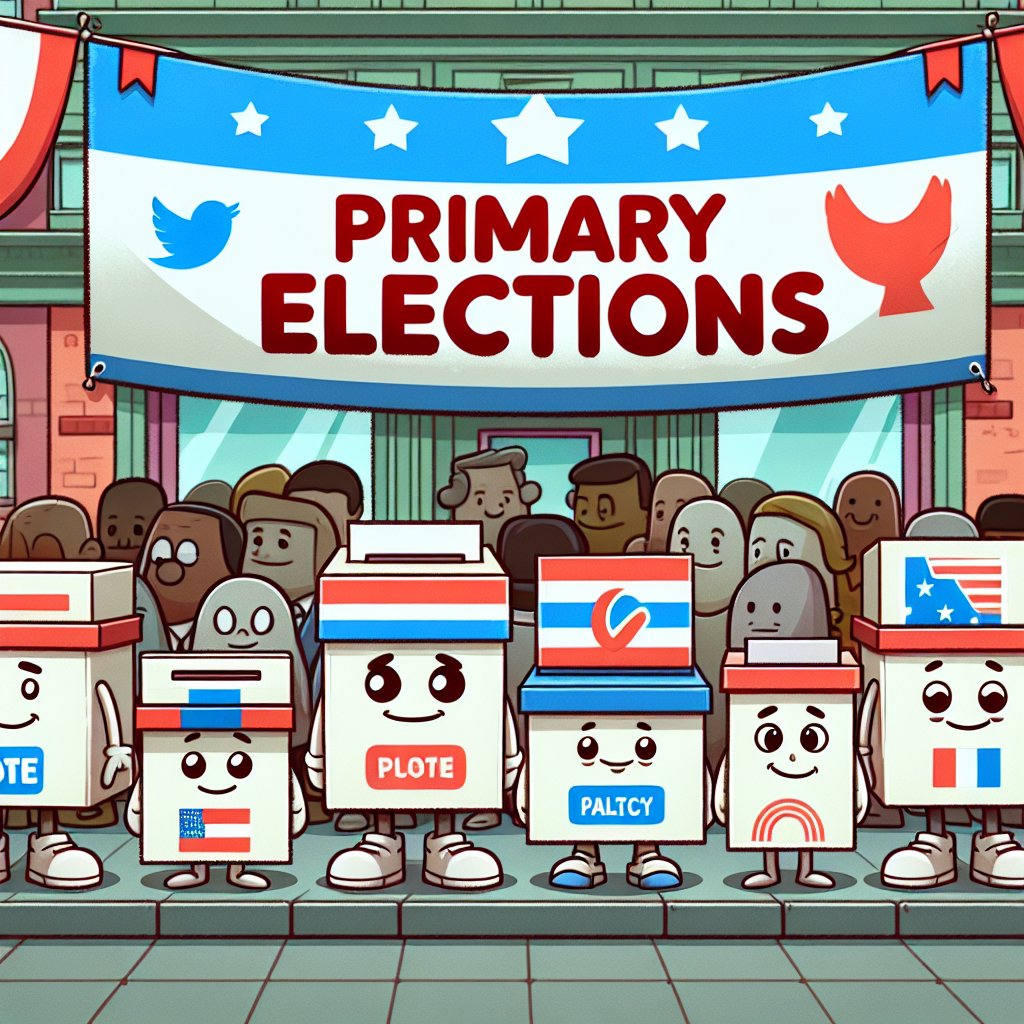Simultaneous Polls: A Controversial Leap Towards 'One Nation, One Election'
The Union Cabinet's approval of bills for 'one nation, one election' has ignited criticism from the Congress, who accuse the government of diverting attention from electoral integrity issues. Despite ongoing debates, the government insists on implementing simultaneous elections, drawing skepticism about its effects on India's federal structure.

- Country:
- India
The Union Cabinet's recent approval of bills aimed at implementing 'one nation, one election' has drawn severe criticism from the Congress party. They argue that the government is attempting to sidestep concerns about electoral integrity and the democratic system as a whole.
Prime Minister Modi's policy push, endorsed by the Union Cabinet, points towards the presentation of these draft legislations in the current Winter Session of Parliament. Congress leaders, including Jairam Ramesh and Gaurav Gogoi, have reiterated their steadfast opposition to this simultaneous elections proposal, emphasizing possible threats to India's federal fabric.
Despite the government's adoption of the high-level committee's recommendations for phased simultaneous polls, the Congress continues to question the political motives, citing inconsistencies in election practices by the current administration. They stress the importance of addressing broader electoral issues and preserving democracy's robustness.
(With inputs from agencies.)
ALSO READ
Revolutionizing India: Union Cabinet Greenlights PAN 2.0 Project
Lok Sabha proceedings adjourned till 12 noon amid noisy protests by Opposition members over various issues.
Priyanka Gandhi's Historic Entry into Lok Sabha alongside Chavan
Priyanka Gandhi Ascends to Lok Sabha: A Symbol of Trust and Commitment
Congress leaders Priyanka Gandhi Vadra and Ravindra Vasantrao Chavan take oath as Lok Sabha MPs.










